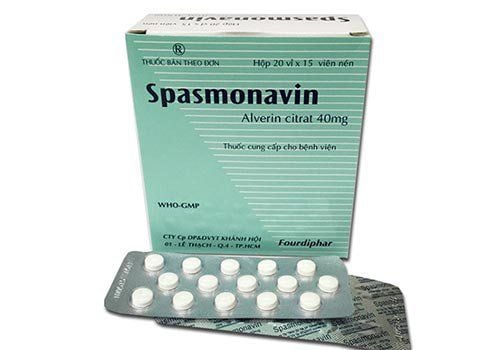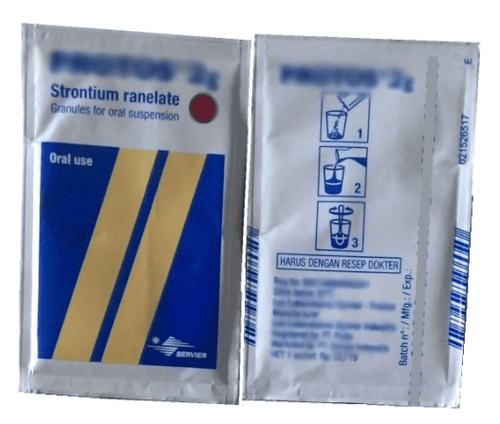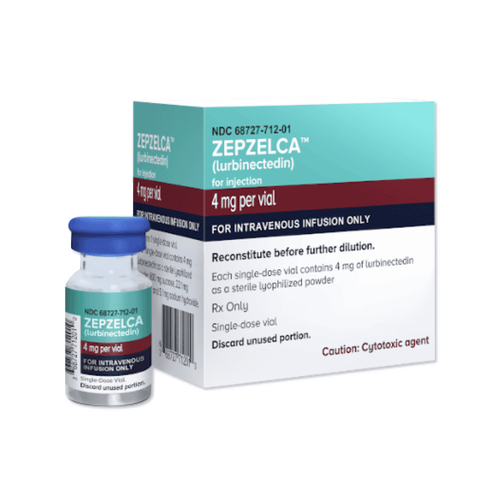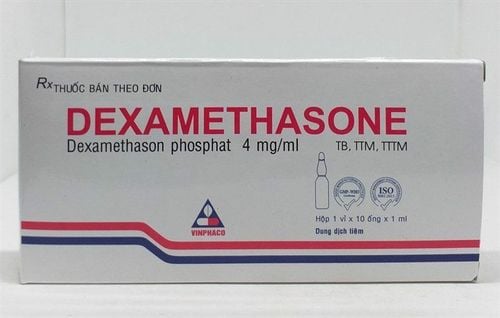This is an automatically translated article.
Casodex is an anti-cancer drug and affects the immune system with the main ingredient Bicalutamide. Casodex is widely used in the treatment of advanced prostate cancer.1. What are the effects of Casodex?
Casodex drug is prepared and packaged in the form of film-coated tablets, with the main active ingredient Bicalutamide 50mg and excipients with sufficient content of 1 tablet including Lactose monohydrate, Hypromellose, Magnesium Stearate, Sodium starch Glycolate, Macrogol 300, Povidone, Titanium Dioxide (E171). Bicalutamide in Casodex is an anti-androgen (a male hormone), which works in the body by blocking the action of androgens. With its use, Casodex drug is recommended for use in the treatment of patients with advanced prostate cancer in combination with substances with a structure similar to LHRH or used during orchiectomy.
Contraindicated to use Casodex for the following subjects:
Women and children; Patients who are sensitive to the active ingredient Bicalutamide or any of the excipients in the drug; Use in combination with Terfenadine, Astemizole or Cisapride.
2. Instructions on how to take Casodex
How to use: Take Casodex tablets directly with filtered water according to the indicated dose. Can be used before or after meals.
Reference dosage:
Men including the elderly: 1 tablet (50mg)/day/time. Treatment with Casodex should be initiated at least 3 days prior to initiation of combination therapy with a structural analogue of LHRH or at the same time as orchiectomy.
3. Casodex side effects
Some side effects that users may experience during treatment with Casodex such as:
Anemia, abdominal pain, constipation, nausea, blood in urine, dizziness, drowsiness, breast enlargement in male , breast tenderness, chest pain, weakness, edema; Loss of appetite, decreased sex drive, depression, heart attack, indigestion, bloating, elevated liver enzymes, jaundice, weight gain, dry or itchy skin; Hypersensitivity reactions including angioedema and urticaria or interstitial lung disease; Liver failure or heart failure.
4. Notes when using Casodex
Moderate to severe liver failure requiring dose adjustment of Casodex; Use Casodex with drugs metabolised primarily by CYP3A4. At the same time, periodically monitor liver function; For patients with rare hereditary problems of Galatose intolerance, Lapp lactase deficiency or Glucose-galactose malabsorption: Treatment with Casodex is not recommended; Casodex has the potential to cause adverse effects on the liver; Contact your doctor/medical professional immediately if you experience symptoms such as nausea, upper abdominal pain, loss of appetite, dark urine, clay-colored stools, or jaundice (jaundice of the skin) or eyes).
5. Drug interactions of Casodex
Contraindications to use Casodex in combination with drugs containing the following substances to avoid drug interactions:
Terfenadine; Astemizole; Cisapride; TT ciclosporin; Calcium channel blockers; Drugs with the ability to inhibit oxidation such as cimetidine and ketoconazole or the anticoagulants coumarin.













